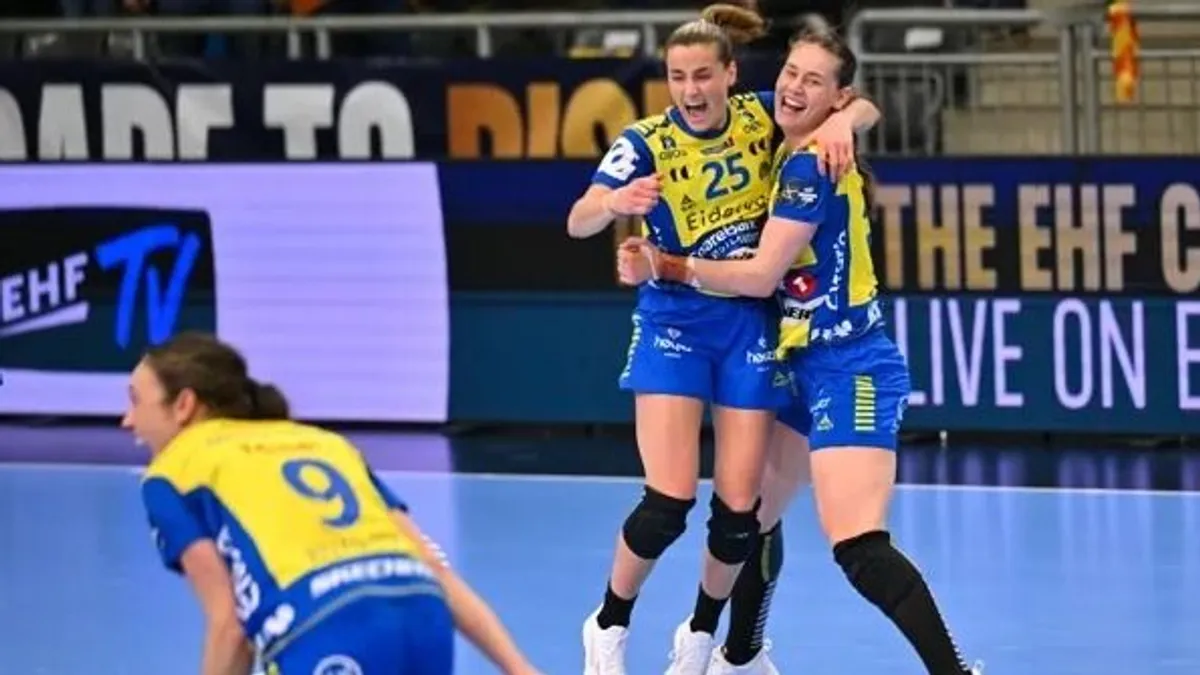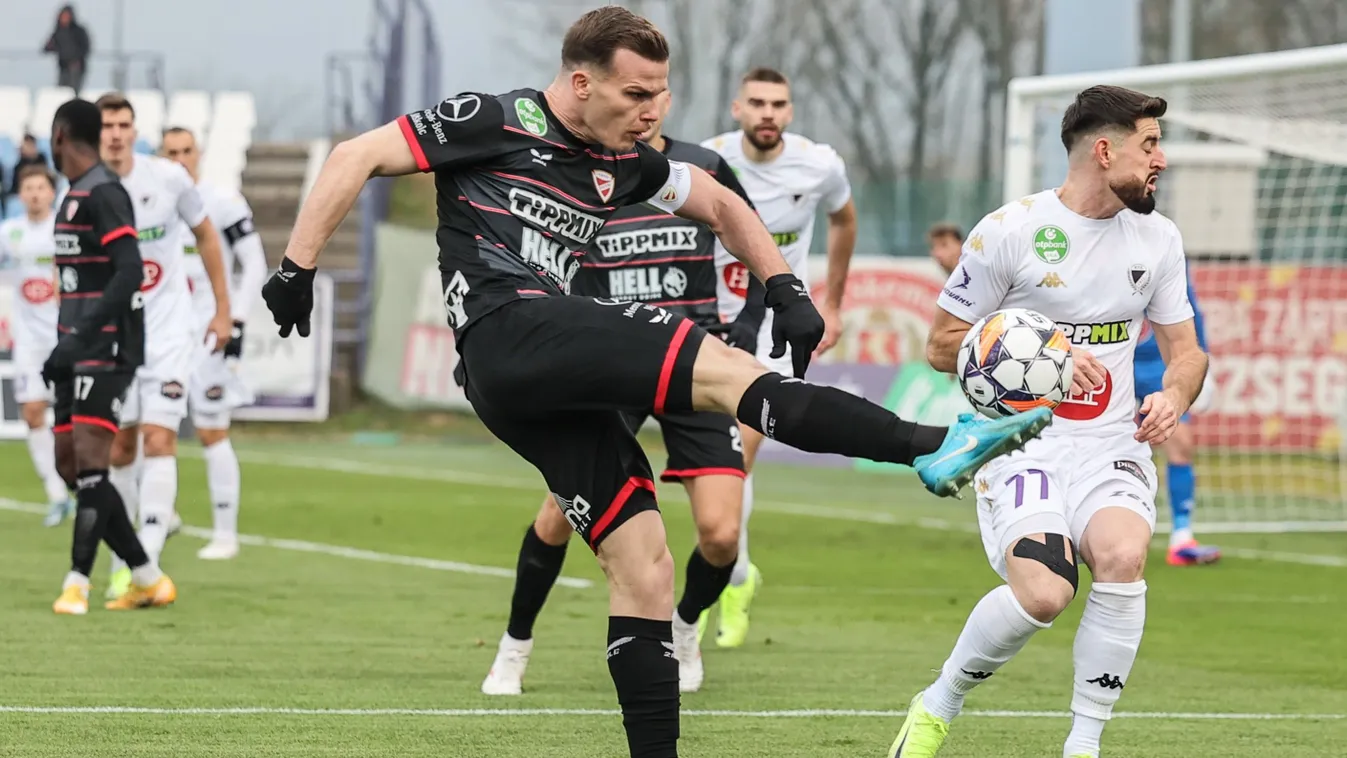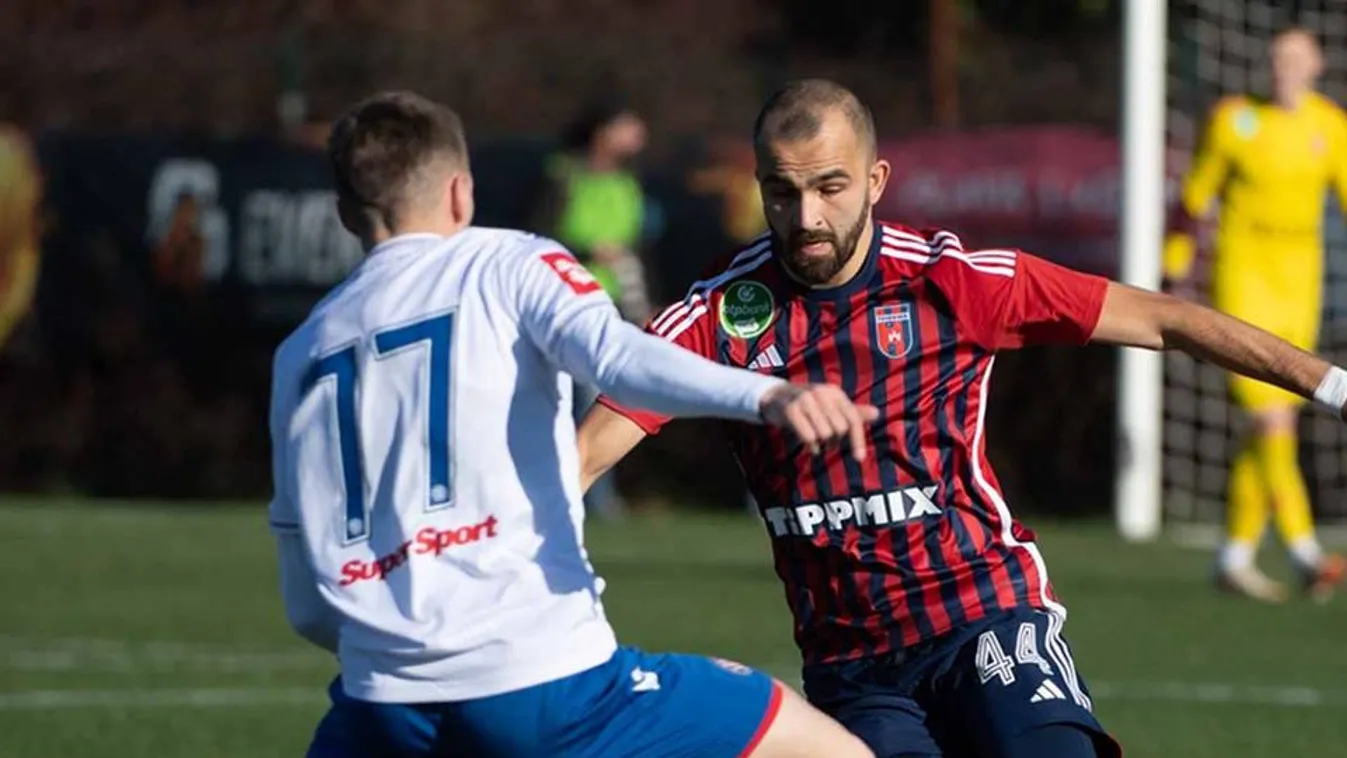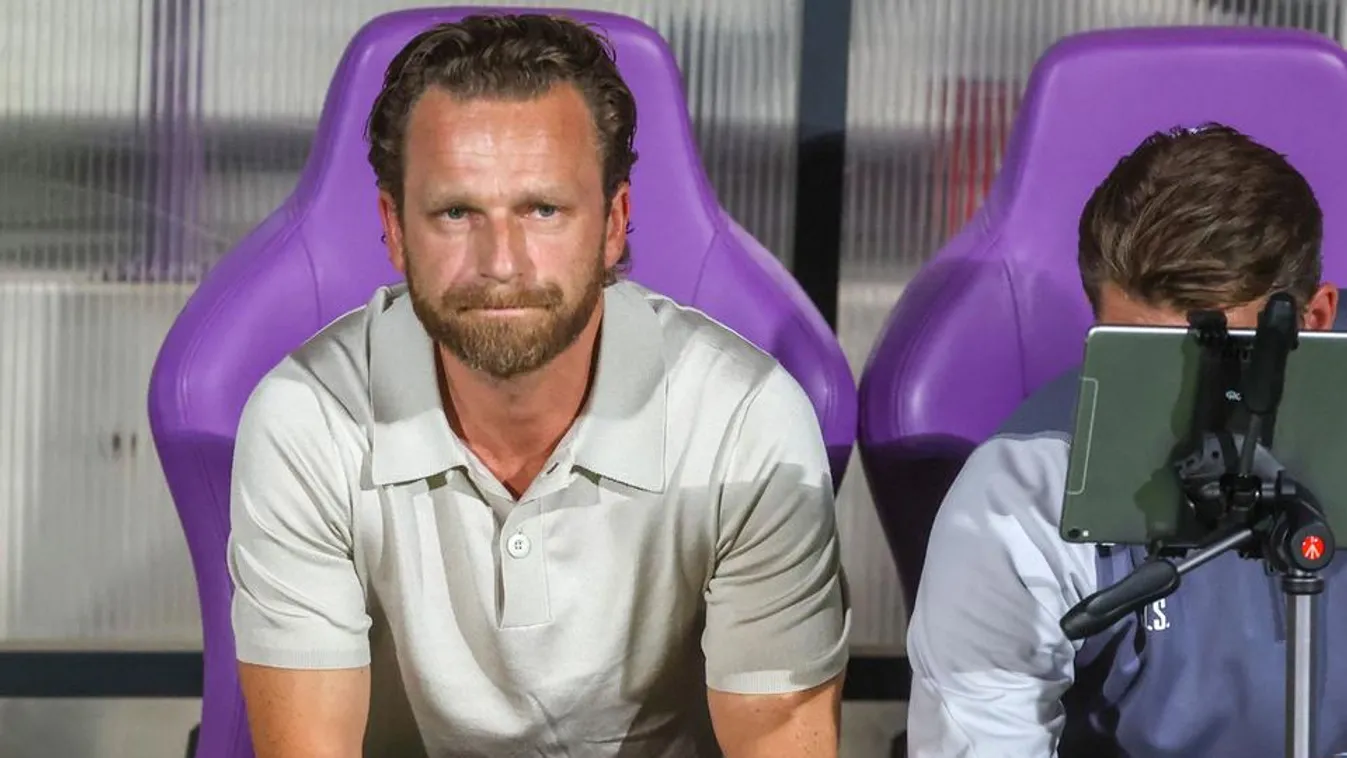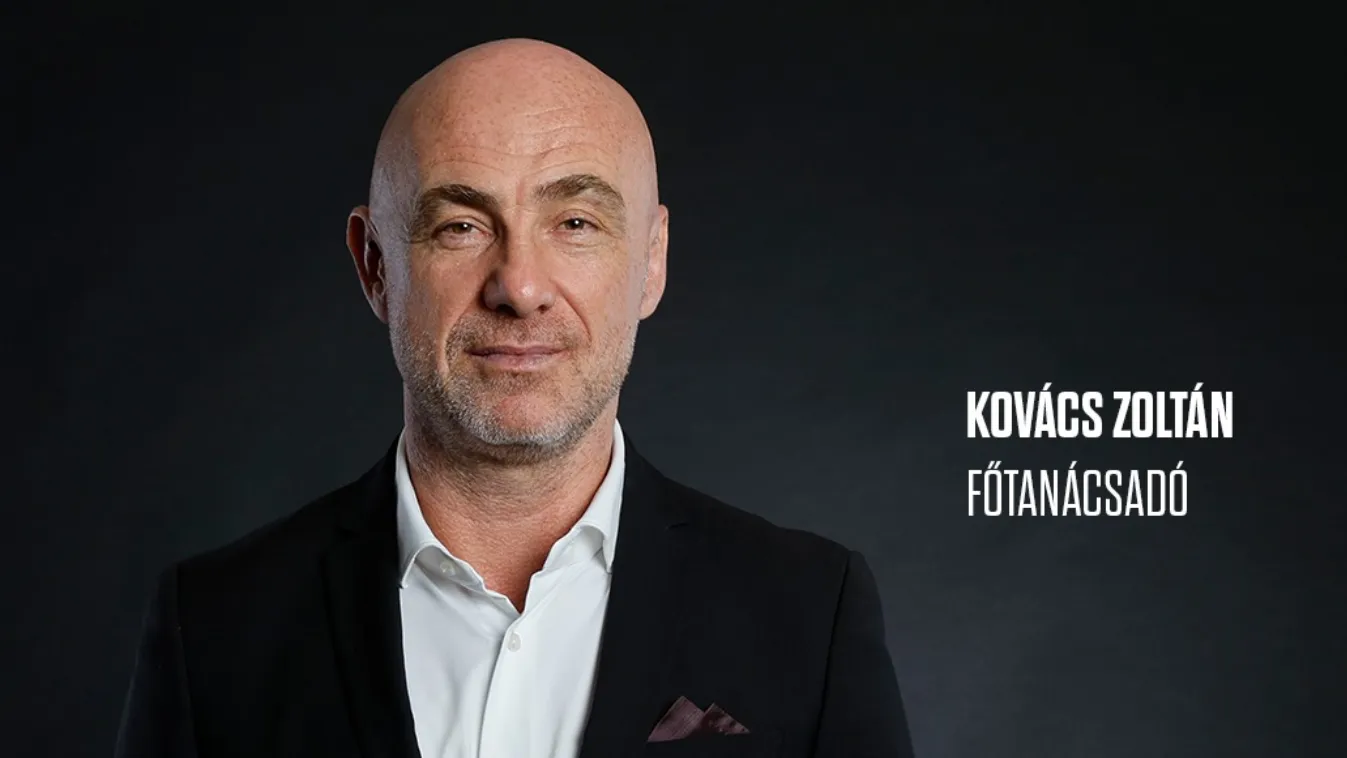80-year-old Antal Dunai achieved everything by playing
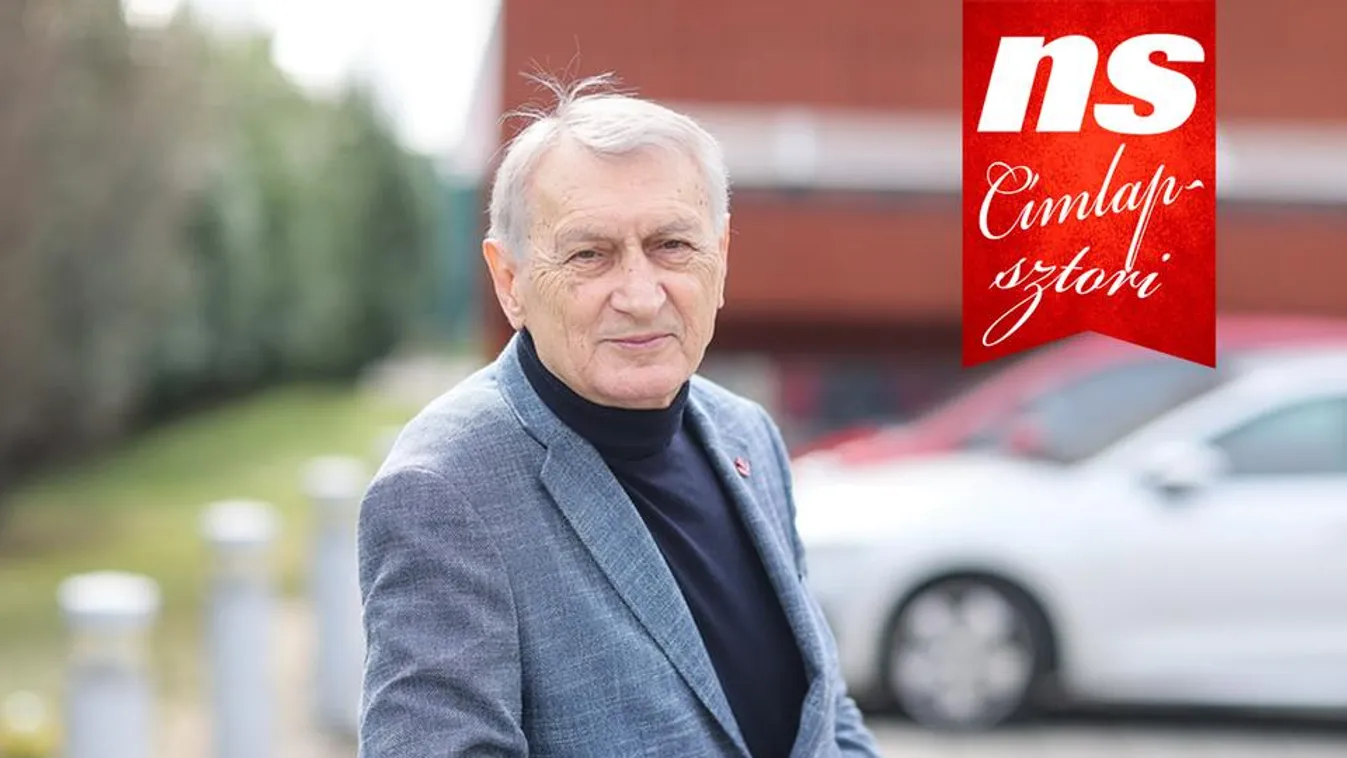
When it comes to his birthplace, Gara, he always adds that his great rival from Fradi, "poor Miki Páncsics," was also born there.
"I'm a country bumpkin, I didn't learn to play football on artificial turf, but on the meadow," he says. And if he didn't play with his older brother of five years, János, who was also a national team player, he “played football” with the wall... In the south of the country, Yugoslavian TV was available, the Italian league matches were broadcast, Juventus striker Omar Sívori was handing out aprons, and Anti learned dribbling from TV. At the age of 16 in Baja, he replaced his brother in the striker's line-up of the NB III team. Everyone thinks his speed is innate, but it's not. What's more, the fans in the stands even said that the Dujmov kid is not clumsy, just a bit slow. One of his physical education teachers had to polish his movement because "I was wobbling around while running" – and then he ran the 30 meters in three and a half seconds...
Born:March 21, 1943; Gara |
Lipót Kállai pushed for him to come to Pécs, his brother was a preparatory striker, Anti a finishing striker. Of course, Ferenc Szusza, the coach of Újpest Dózsa, also spotted his talent, but the fact that he came to Megyeri út was mainly thanks to Ferenc Bene: they knew each other from their youth time, they had an eternal friendship, they were together at the Tokyo Olympics, but Dunai II (still in Pécs) did not play, so he is not a two-time Olympic champion. In Mexico City (1968), he already contributed an average of 6/6 goals per game to the gold medal, then one more (7/7) in 1972, but that was only enough for silver... It is no coincidence that in 1971 the coach of Valencia, Újpest's European Champion Clubs' Cup opponent, Alfredo Di Stéfano, said that Dunai did nothing in two games, but scored three goals. The football world highlighted his fighting ability, but the striker began his statement in the June 1967 issue of special journal Labdarúgás (Football): "I don't have the willpower of Göröcs..."
He became Hungarian champion for the first time two years later – he won Olympic gold a year earlier (!) – and scored 202 times in 326 top-flight games for the Purple and Whites. 1969 was another breakthrough year for him: he reached the Fairs Cup final with Újpest, but the return match against Newcastle United was unlucky - his goals were sorely missed, too. Labdarúgás, the special journal, included him in the team of the year. In his first national team match against Czechoslovakia in Budapest (2-0), he was excellent, and Képes Sport described him as someone who plays "a major part with his winning goal."
He was also a three-time top scorer (1967, 1968, 1970), a silver shoe winner in 1967 and a bronze shoe winner the following year in the European top scorer competition, where he was the only one to finish in the top three in the first two seasons. It is an unrivaled feat!
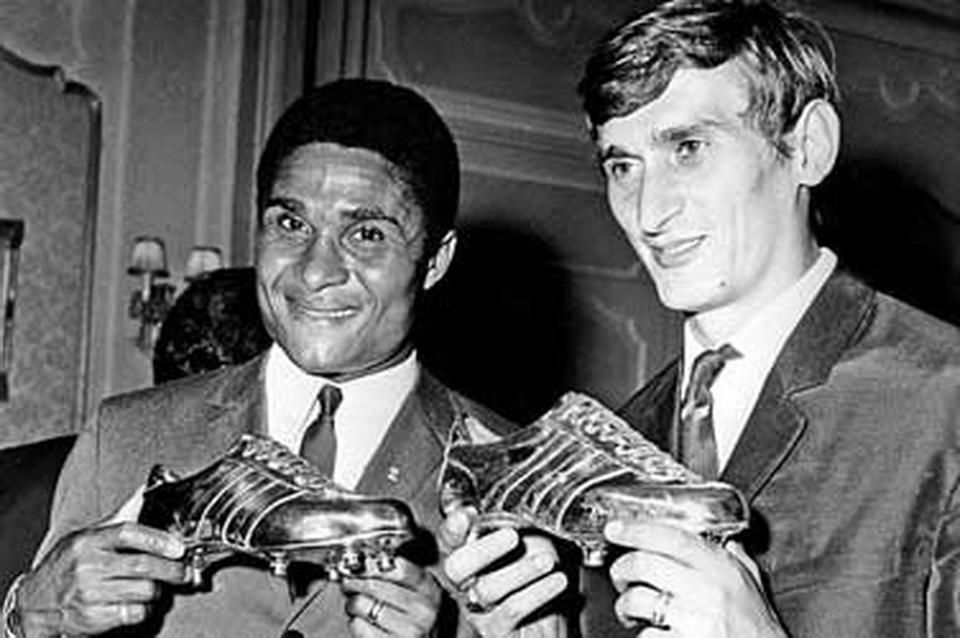
However, the question arises: why did such a prolific scorer make his debut at the age of 26 and only get 31 chances in the national team? The answer to both questions is very simple: In the persons of Zoltán Varga, Flórián Albert, Gyula Rákosi, János Farkas and Lajos Puskás, he had to compete with some excellent footballers for the jersey. In the 1973 UEFA European Champion Clubs' Cup quarterfinal against Juventus in Turin, he got injured, and although he regained his speed, his coach Pál Várhidi did not make him play... Rudolf Illovszky invited him to Vasas, but he was asked: "Anti, would you want to play against Újpest?"
In the end, he continued his career in DVSC's NB II division...
A book by Tamás Dénes and Tamás Szabó will be published, in which Antal Dunai recalls his career with a number of stories. Why did he need to have an expander? What did he not like about Géza Hofi? What was his relationship with László Kubala like? These are some of the questions we get answers to from the 80-year-old top goal scorer. |
After a successful summer tournament in Újpest "in which we defeated the best Spanish teams,” Barcelona offered him a four-year contract, but he told László Kubala, the club's best-known Hungarian, that he would have to defect, which he didn't want to do. But Kuksi put a bug in his ear, told him to study, so he got his coaching degree.
"He recommended me to Jerez as a coach that here is a former top footballer who has become a great coach and speaks fluent Spanish. The only true statement was that I was a good player..."
There, he learned that football is not just a game, but a profession. The coaching of the 1996 Olympic team was the culmination of what he had learned in his almost nine years in Spain. As he puts it, "The most important thing was to create a good atmosphere, to think together on the pitch."
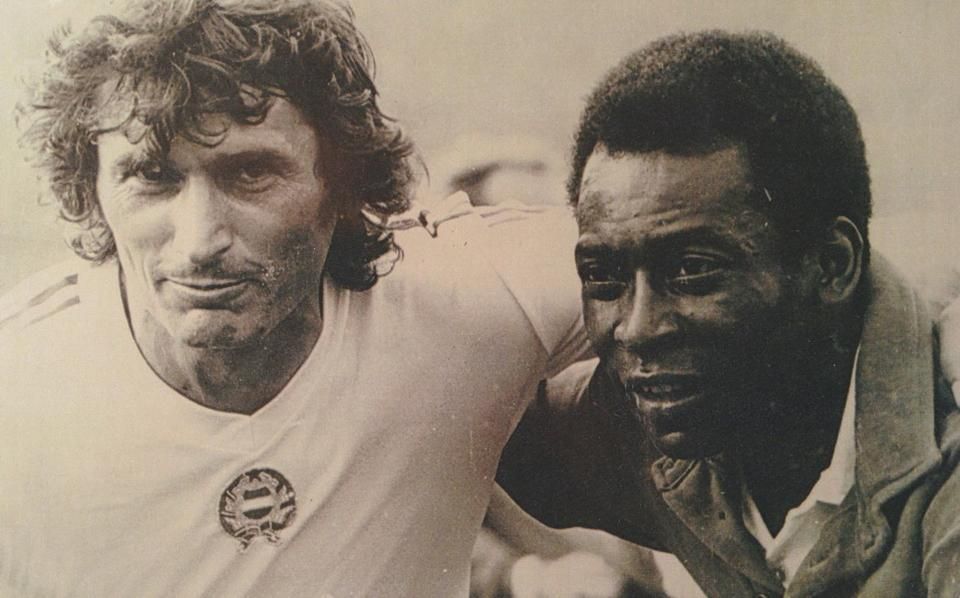
In an earlier interview with our newspaper, he said, "We need to be taught what we need to be taught, but on the pitch, the footballer decides. And what makes Messi different from the others is that he can always do the unexpected, which cannot be taught.”
Fans remember him primarily as a footballer while we quote his ars poetica on football (Labdarúgás, January 1975): “I owe what I have achieved more to my diligence than to my talent (...). If I started all over again, I would do the same. When I started out, I didn't know what one could achieve by playing."
And how does he feel at eighty? He gave a typical Dunai-style answer: "I'm in good shape, I still look somehow. I could take off at least three weeks from my age..."
MEMORABLE MATCHES
RIVALRY IN BARANYA, WITH A DOUBLE
Pécsi Dózsa-Komlói Bányász 2:0 (1:0), NB I, 1962-1963, Round 18
April 21, 1963; Pécs, 20 000 spectators, referee: Schopp
Goalscorer: Dunai II (6., 57.)
Despite his two goals (one scored, one headed), NS does not mention a word about his performance!
Dunai II: "The people of Komló always said: Dunai one, Dunai two, the NB II is good for you!"
INTRODUCTION IN THE PURPLES
Dorog-Újpesti Dózsa 0:4 (0:2), NB I, 1965, Round 1
March 14, 1965, Dorog, 10 000 spectators, referee: Fehérvári
Goalscorer: Göröcs (15., 70.), Dunai II (38.), Kuharszki (64.)
NS: "From 25 meters, he stuck a powerful goal into the bottom left corner."
Dunai II: "I scored great goals when I had to!"
THEY DEFEATED INTER
Internazionale-Újpesti Dózsa 2:3 (1:1), friendly match
September 3, 1966, Milan, San Siro, 75 000 spectators
Scorers: Mazzola (16.), Corso (73.), and Dunai II (33.), Governato (55. - own goal), Bene (72.)
NS: "The counter-attack (...) ended with a goal by Dunai II (...), Dózsa could have scored five or six goals if they had been more accurate by tenths of a second inside the box. Dunai alone could have secured a decisive victory for the purple and whites."
Dunai II: "We defeated Inter – I was unlucky."
TWO GOALS IN THE FINAL
Hungary-Bulgaria 4:1 (2:1), 1968, Olympic final
October 26, 1968, Mexico City, Azteca Stadium, 60 000 spectators, referee: De Leo (Mexico)
Goalcorers: Menczel (40.), Dunai II (41., 59.), Juhász (49.), and Dimitrov (22.)
Sent off: Juhász (85.), and Dimitrov (42.), Ivkov (44.), Mihajlov (44.)
NS: "After a superb pass from Laci Nagy, Anti Dunai scored with a shot worthy of a silver shoe winner."
Dunai II: "There was a big fight, Ernő Noskó and I were both taken down, both Bulgarians were sent off and the third one hit the referee in the head with the ball. But by then we already won the game.”
SUCCESSFUL START IN THE NATIONAL TEAM
Hungary-Czechoslovakia 2:0 (1:0), World Cup qualifier
May 25, 1969, Népstadion, 80 000 spectators, referee: Bentu (Romania)
Goalscorer: Dunai II (12.), Albert (89.)
NS: "He proved that he was not only capable of above-average performances for his club team and against mediocre opponents (...) he was usually by the goal quickly, and he was the one who caused the most confusion in the Czechoslovak defense."
Dunai II: "It was a Dunai goal, I pounced on the ball and scored from close range."
A SITUATION IN PRAGUE
Czechoslovakia-Hungary 3:3 (1:2), World Cup qualifier
September 14, 1969, Prague, Letná stadium, 40 000 spectators, referee: Tschenscher (West Germany)
Goalscorers: Kvasnák (5.), Hagara (26.), Kuna (77.), and Bene (9.), Dunai II (37.), Fazekas (48.)
NS: "The striker took the ball in one move and put it in front of him, ran down Plass and shot from 10 meters past Viktor who was coming out from the net, half-high into the left side of the goal (...) With all his nerve, Dunai II tried to score, even in his tight situation he did everything to score and win. He put Bene in position before the first goal."
Dunai II: "Everybody remembers the 4-1 defeat in Marseille, but we lost the qualification for the World Cup in Prague because of national team head coach Károly Sós."
VICTORY AGAINST FRADI
Újpesti Dózsa-Ferencváros 3:2 (1:1), Spring 1970, Hungarian League final, match 1
June 6, 1970, Megyeri út, 25 000 spectators, referee: Almási
Goalscorer: Dunai II (20., 89.), Göröcs (86.), Szőke (16.), Füsi (68.)
NS: "At times he was off in the game, but his two goals (...) were decisive in the victory." Fradi's goalkeeper István Géczi: "Anti burst in with his big steps and scored from five meters. I thought the ground would open up under me..."
Dunai II: "That's it, we lost, the crowd went home. Then Titi equalized, the crowd came back, but what all they saw was the score was 3-2 for us and everyone was hugging me."

UNFORTUNATELY, PELÉ DIDN'T PLAY
Brazil-Hungary 0-0, friendly match
July 22, 1971, Rio de Janeiro, Maracana Stadium, 90 000 spectators, referee: Tschenscher (West Germany)
NS: "One of the pleasant surprises for the Hungarian team. He moved around a lot, he was always easy to find with the ball and he also passed it well."
Dunai II: "Unfortunately, Pelé didn't play against us as a few days earlier against Yugoslavia he said farewell to the national team. We were sitting there in the stands of the Maracana Stadium. I scored a goal against the world champions, and to this day, I don't know why Tschenscher didn't give it to me... I still say, ‘Damn it!'"
LAST GOAL AMONG THE BEST
Austria-Hungary 2-2 (0-2), World Cup qualifier
October 15, 1972, Vienna, Prater Stadium, 74 000 spectators, referee: Glöckner (East Germany)
Scorers: Dunai II (16.), L. Kocsis (20.), and Hasil (58., penalty), Jara (71.)
NS: "In the first half, he made a couple of smart moves, scored an important goal. And in the second, he cleverly took two defenders away to give Kocsis a clear path."
Dunai II: "I would have never thought that this would be my last goal for the national team."

THE GLORY OF ANTON THE GREAT
Újpesti Dózsa-Celtic 3-0 (3-0), European Champion Clubs' Cup, 1972-1973, second leg, final eight
November 8, 1972, Megyeri út, 18 000 spectators, referee: B. Nielsen (Denmark)
Goalscorer: Bene (8. 24.), Fazekas (15., penalty)
NS: "Every move he made was a threat to Williams' goal."
Daily Mirror: "Celtic collapsed in front of Anton the Great." Anton the Great, aka Antal Dunai.
Dunai II: "The Scots couldn't catch me."
Translated by Vanda Orosz
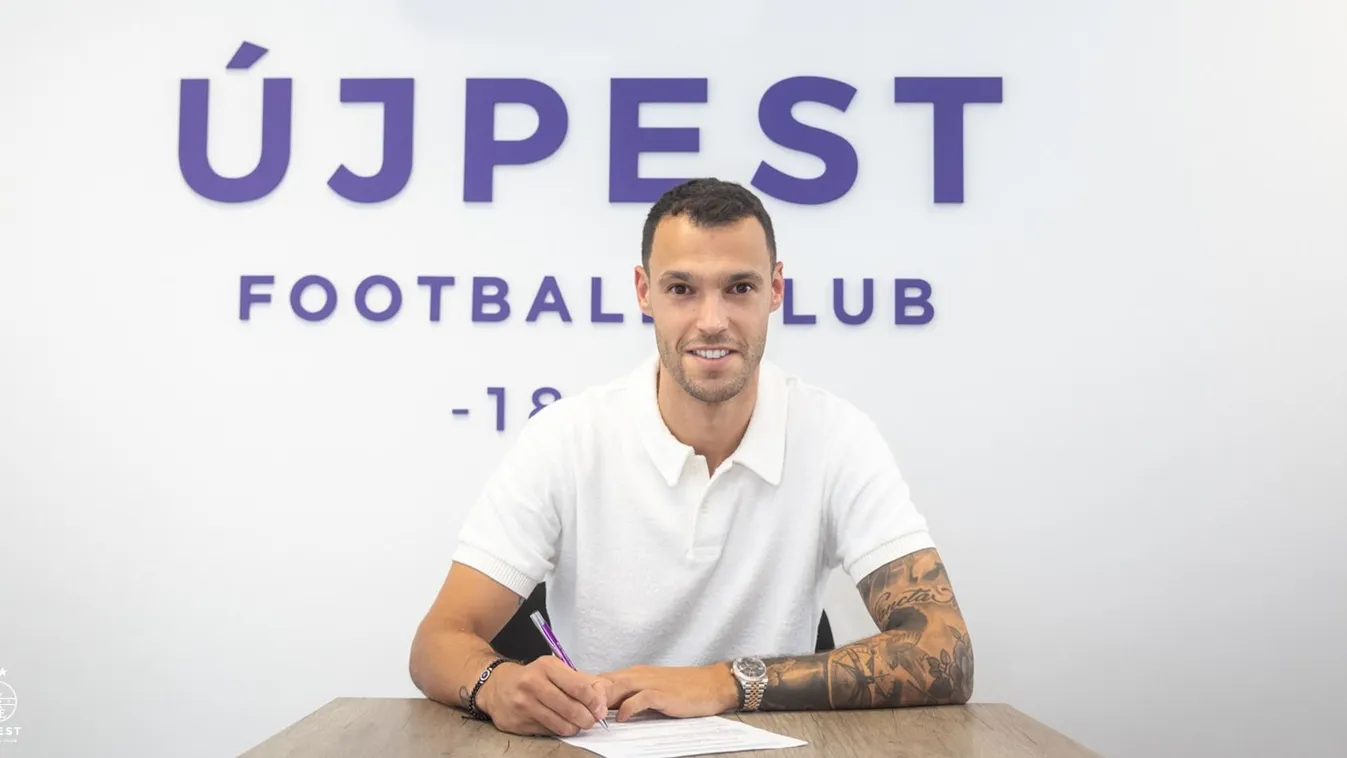
A portugál élvonalból igazolt az Újpest
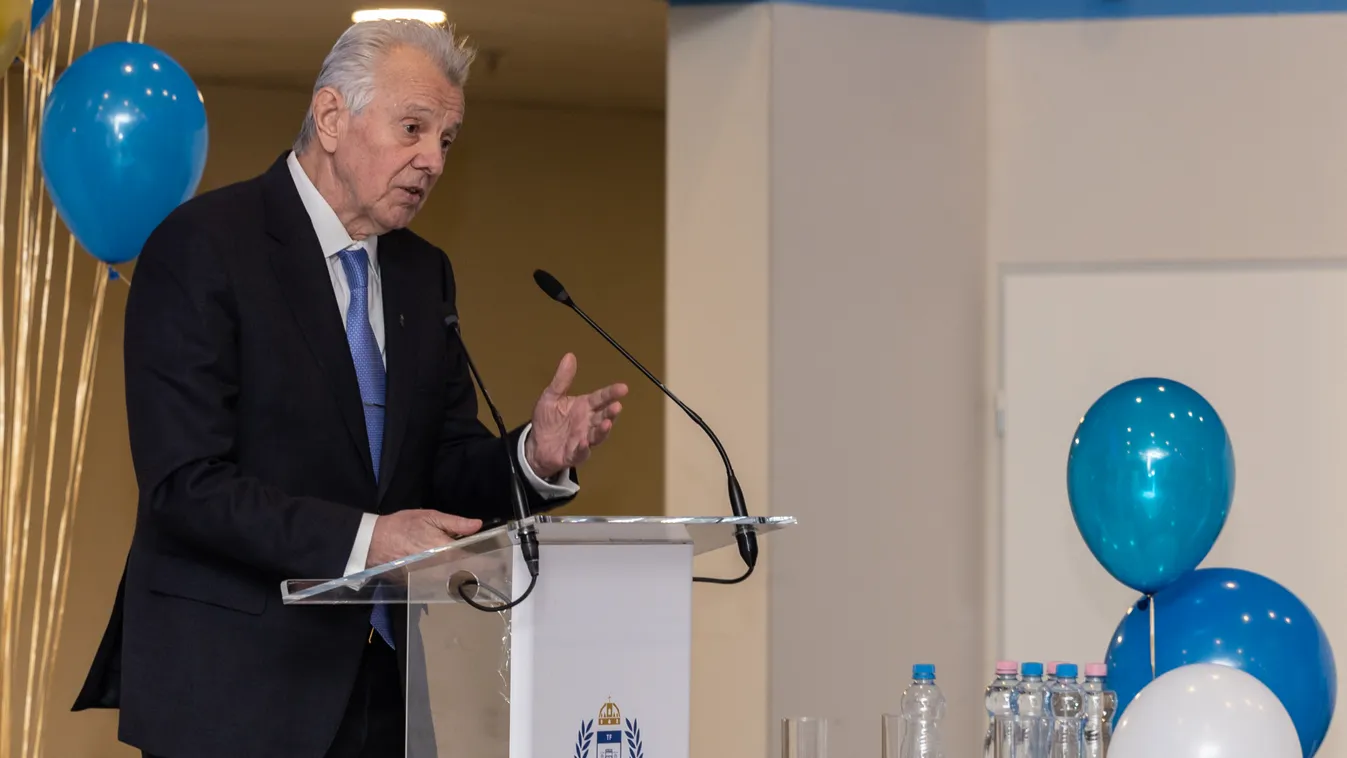
Nemzet Sportolója: Ön kit választana? – szavazzon

Fővárosi derbivel zárul az NB I-es szezon!
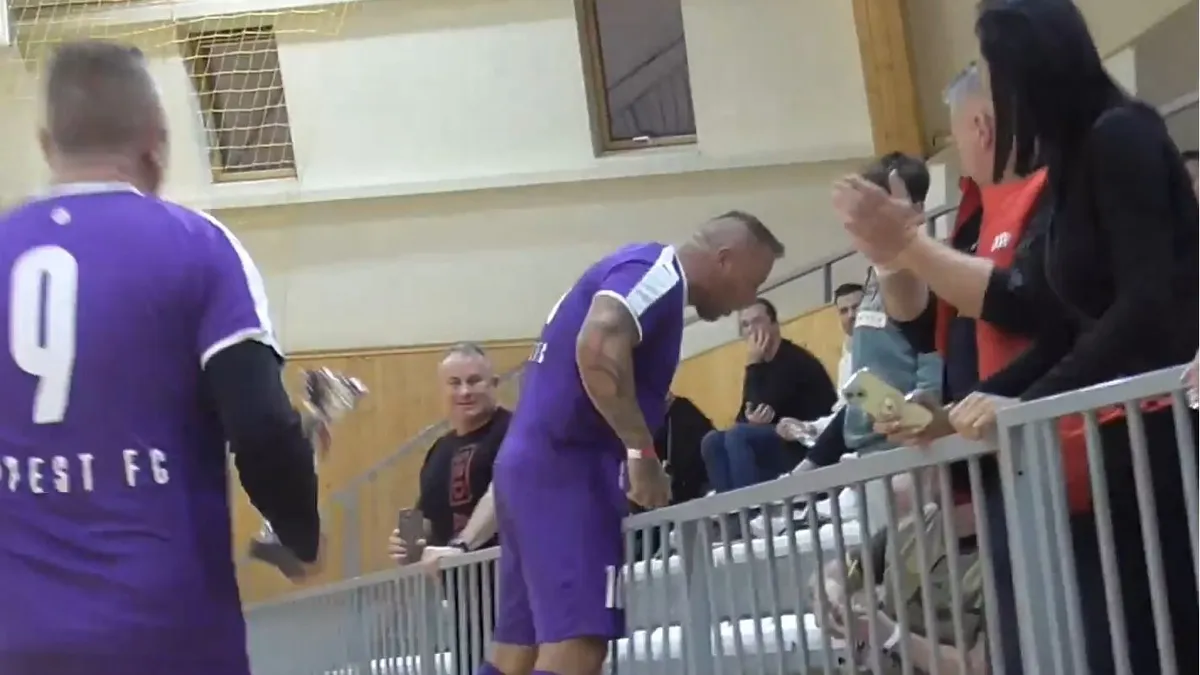
Curtis pofonvágta az őt gyalázó szurkolót a lelátón
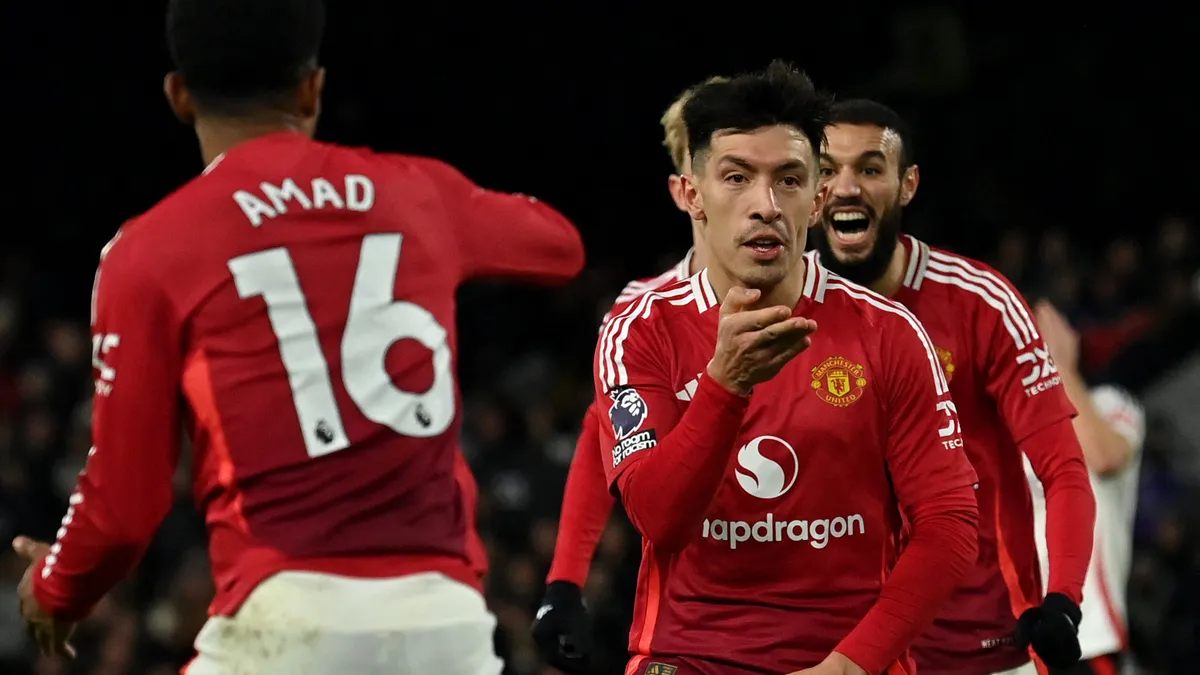
Az MU egyszer találta el a kaput, de egy szerencsés góllal így is nyert
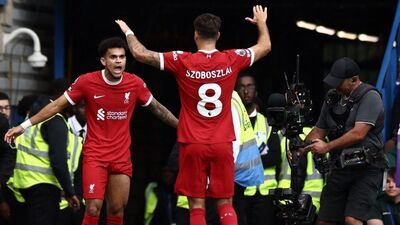
Ez nem hiányzott: Szoboszlai Dominik még egy világsztár miatt aggódhat!
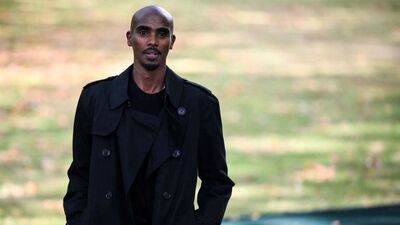
Milliárdokért árulja luxusotthonát az olimpiai bajnok

Villámgyors finomság – az 5 legjobb tejbegrízrecept
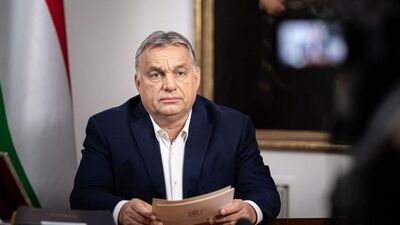
Orbán Viktor elutazik, ezen a helyen magyar kormányfő még nem járt
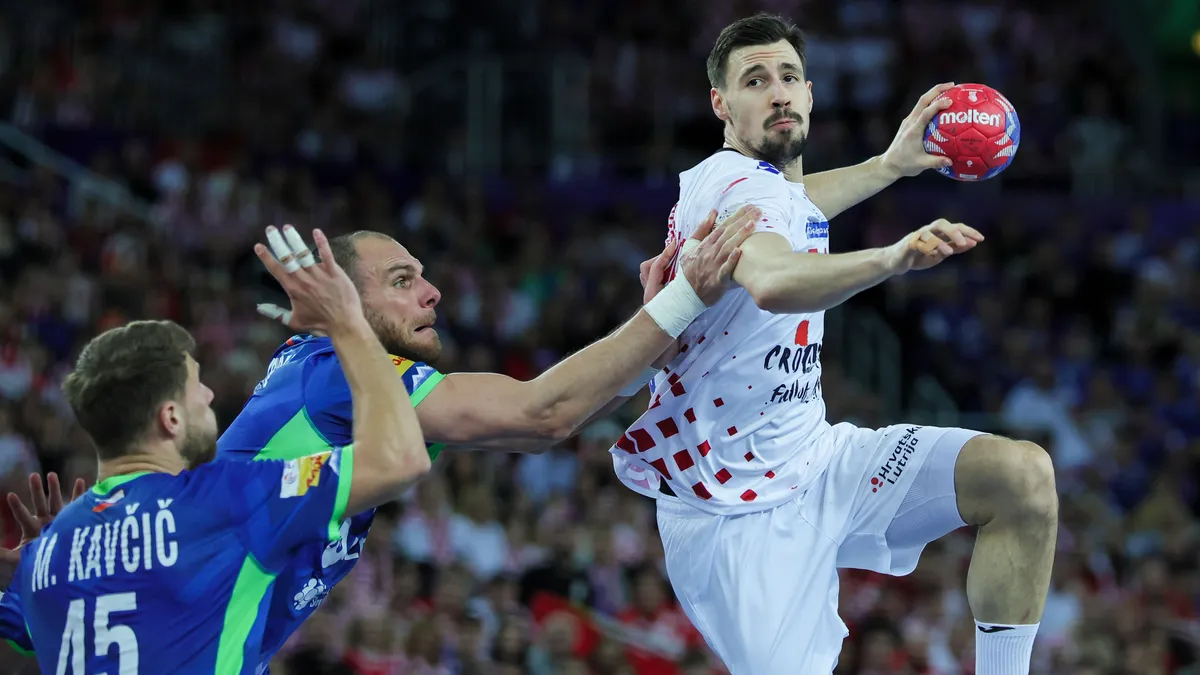
A szlovénokat legyőző Horvátország lesz a mieink negyeddöntős ellenfele kedden 18 órakor a kézi-vb-n
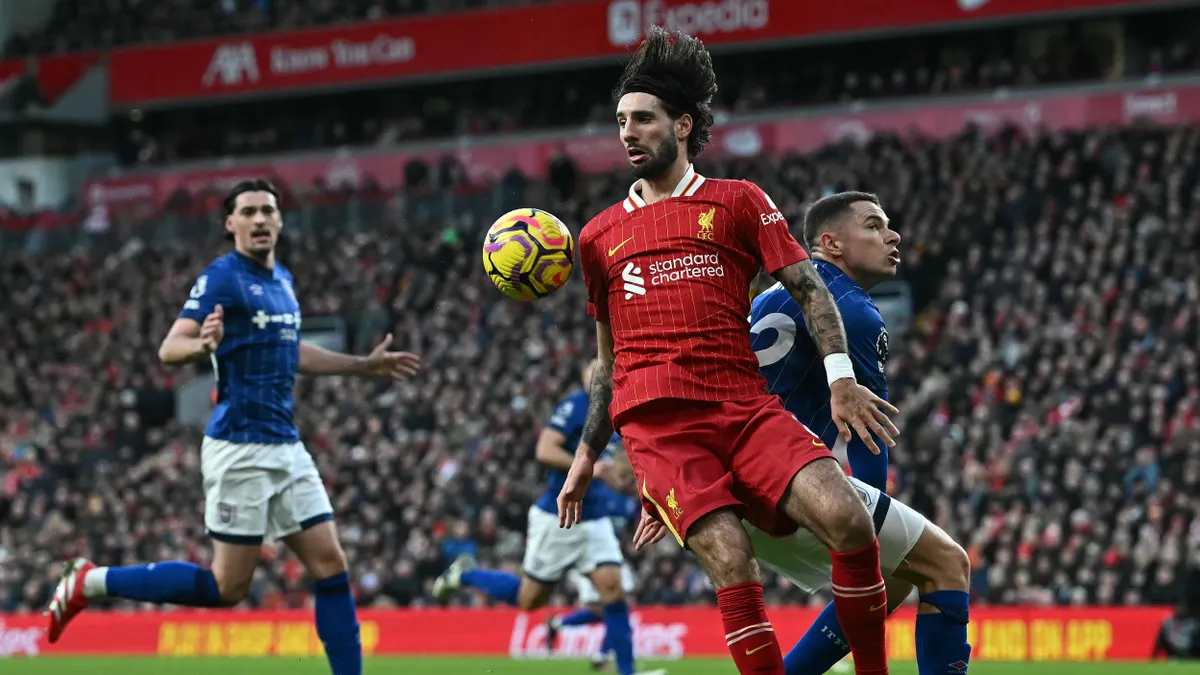
Szoboszlai szenzációs passzán ámul a világ - videó
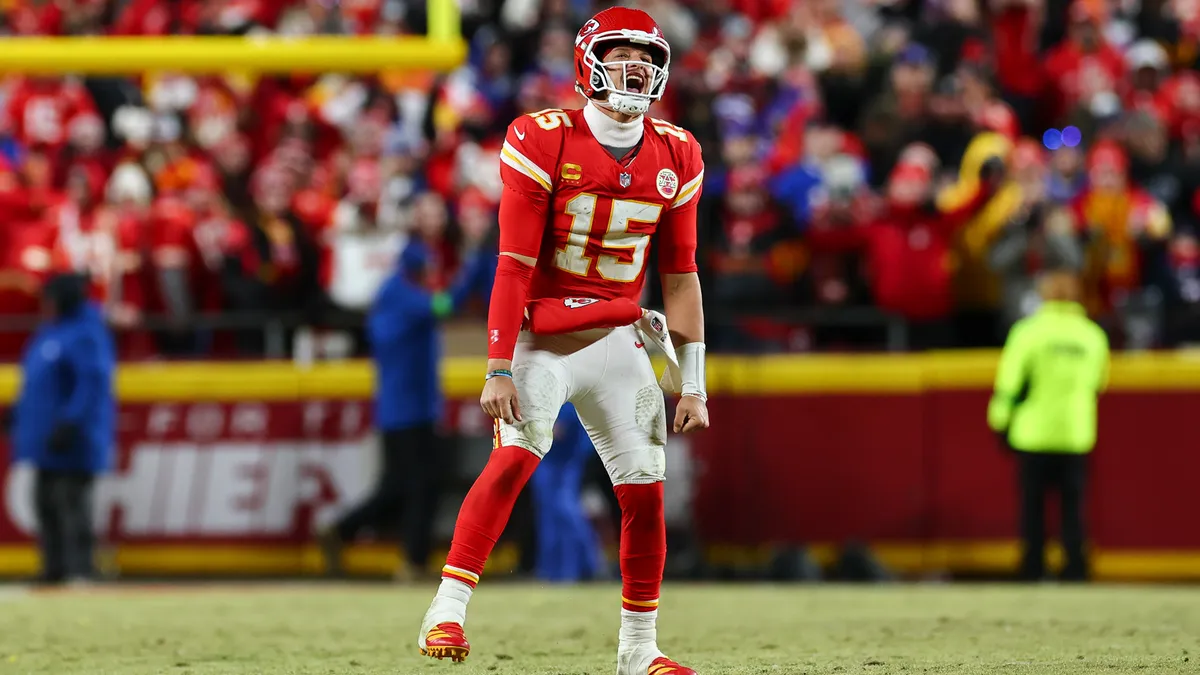
A Chiefs újabb drámai meccsen nyert a Bills ellen – triplázás kapujában a Kansas City!
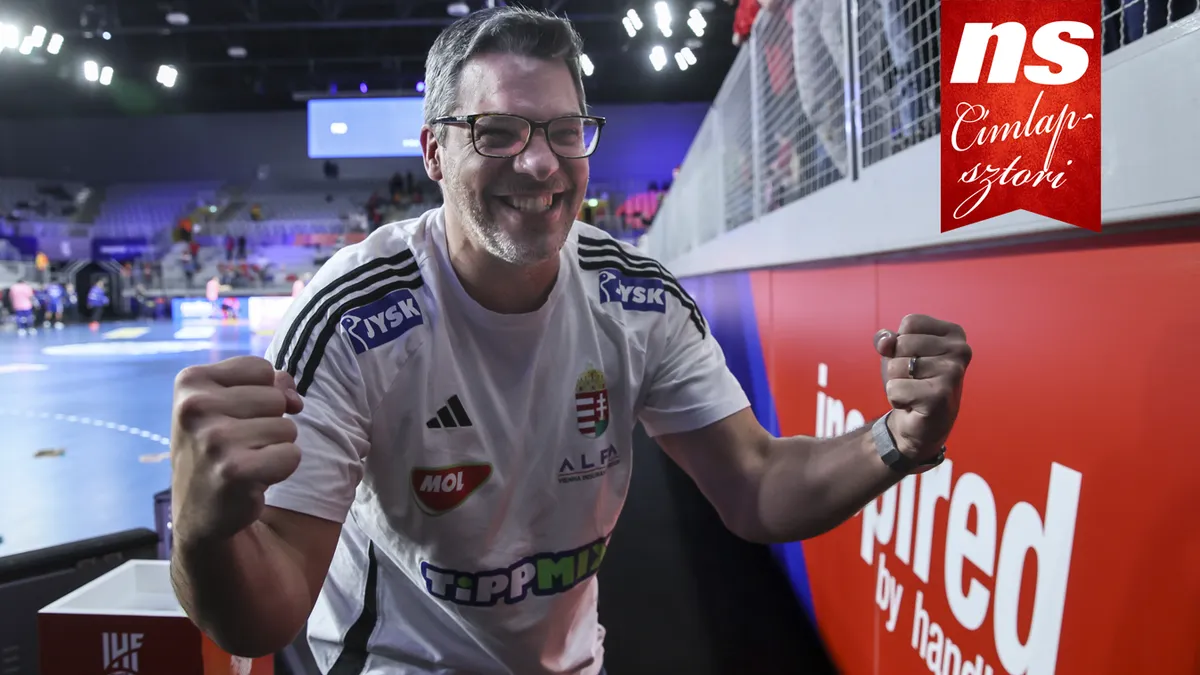
Chema Rodríguez: Óriási dolog, hogy sorozatban harmadszor ott vagyunk a nyolc között
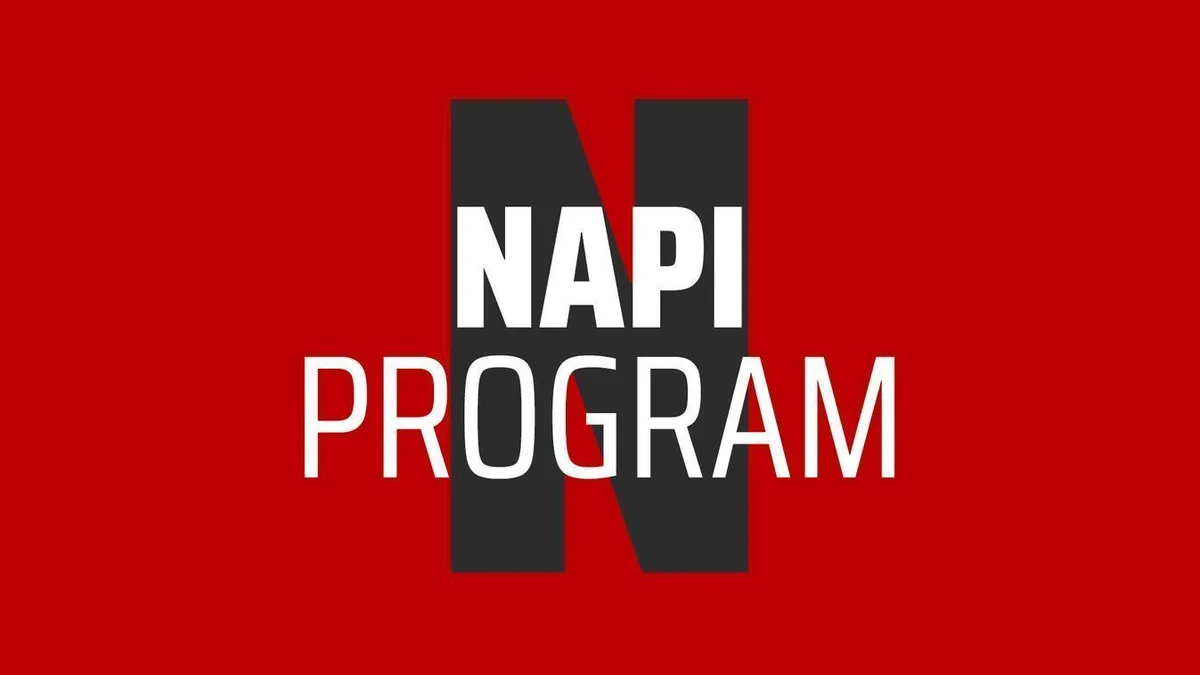
Hétfői sportműsor: olasz, spanyol és angol futball, magyar futsal
